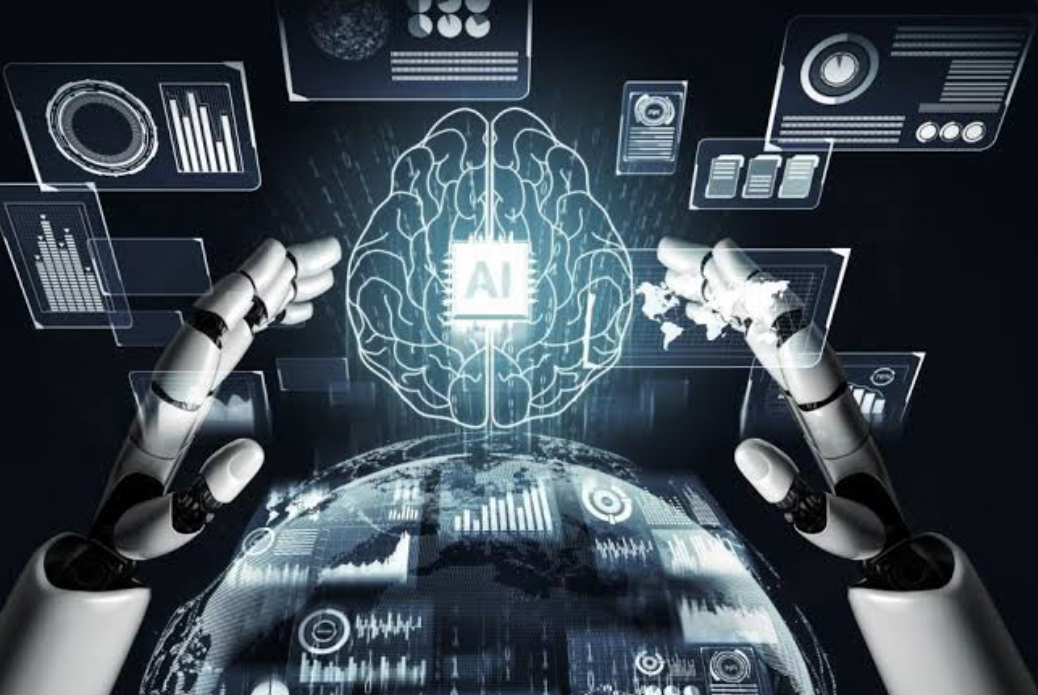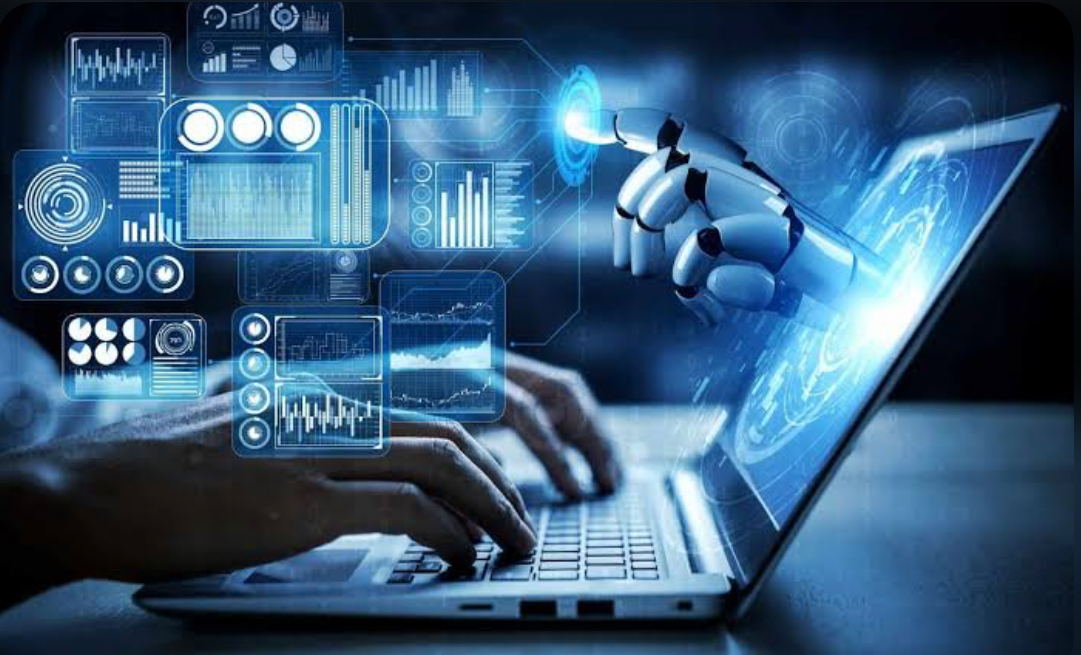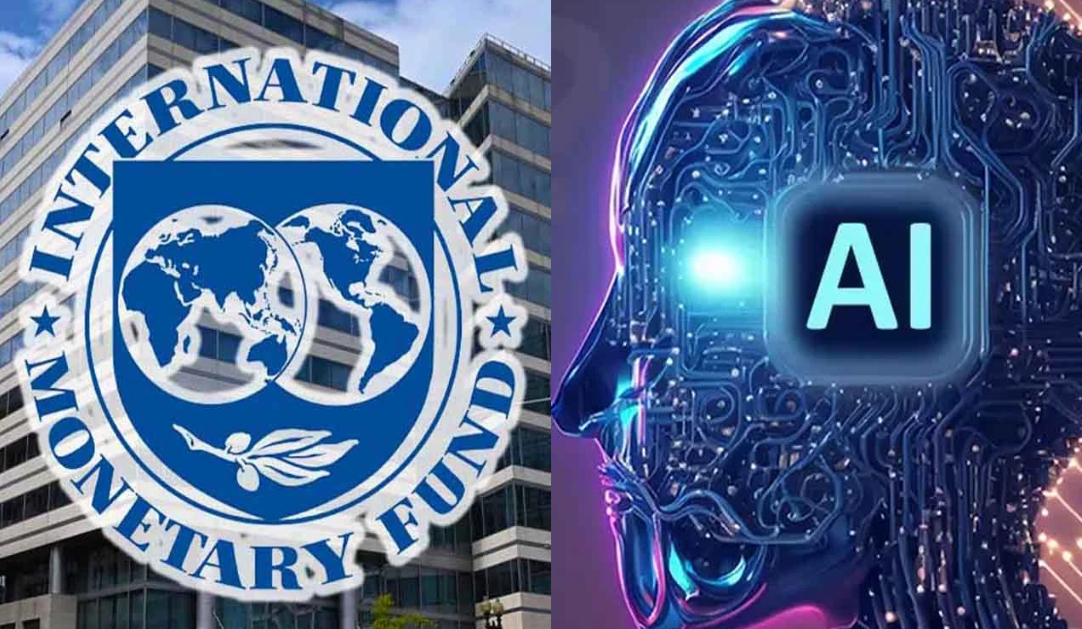It's amazing how far artificial intelligence (AI) has come in the last few years. It now does many things better, faster, and cheaper. These findings from the Alan Turing Institute show how AI could change how the government works. The research finds that AI could handle up to 84% of regular government tasks, such as registering voters and processing visas.
The Study and Its Findings
The study by experts at the Alan Turing Institute looked at 201 services in the UK that let the government make decisions and share information with the public. These services encompass a diverse array of administrative tasks essential for the smooth operation of government groups and deemed repetitive enough for automation. Processing visas, registering voters, and dealing with different kinds of paperwork are some examples.
One of the most important things that the study showed was how much time AI software could save. Even if you only save one minute per transaction, you could save hundreds of thousands of hours of work each year. Not only does this show the possibility for greater efficiency, but it also shows how much work government workers have to do just to do basic services.
Benefits of AI automation
-AI automation in government services provides benefits such as freeing up human resources from repetitive tasks and allowing officials to focus on more complex responsibilities.
-This shift can lead to a more engaged and productive workforce, as employees can dedicate their time and expertise to tasks requiring human judgement, empathy, and creativity.
-Automation can enhance the overall responsiveness of government agencies by streamlining processes, reducing errors, facilitating quicker decision-making, and improving service delivery to citizens.
-Increased responsiveness contributes to enhanced public satisfaction and trust in governmental institutions.

Challenges and Considerations
-One primary concern is the need for responsible and accurate automation.
-Ensuring that AI systems make ethical decisions, protect privacy, and maintain data security is paramount to building trust and mitigating potential risks.
-The transition to AI-driven processes may require significant investments in infrastructure, training, and regulatory frameworks. Governments must allocate resources strategically to develop and deploy AI solutions effectively while addressing concerns such as job displacement and equitable access to technology.

Global Perspectives and Future Outlook
Foreign groups, such as the International Monetary Fund (IMF), have spoken out about the effects of AI technology that go beyond national borders. Kristalina Georgieva, head of the IMF, says that AI has both risks and opportunities. She says that AI has the ability to make everything more efficient and help the world economy grow. To get the most out of AI's benefits while protecting jobs and society's health, she also stresses the need for careful planning and policies that apply to everyone.

The use of AI in government services will significantly transform the future operations of public institutions. Smart use of AI technologies and proactive problem-solving can enhance effectiveness, openness, and public participation. To make sure that the future of AI-enabled government is one that gets the most out of automation while still upholding morals and social norms, policymakers, technologists, and citizens must work together.
Overall, the idea that AI could handle a lot of government work is very exciting because it could make things run more smoothly, provide better services, and spur new ideas. But to get these benefits, we need a well-thought-out plan that focuses on cautious AI use, thinks about how it will affect society, and builds trust among the people. The future of government in the digital age will depend on how well human knowledge and AI skills work together as states try to figure out how to cope with this changing world.
Image Source: Multiple Agencies
(Inputs from agencies)
© Copyright 2024. All Rights Reserved Powered by Vygr Media.





















